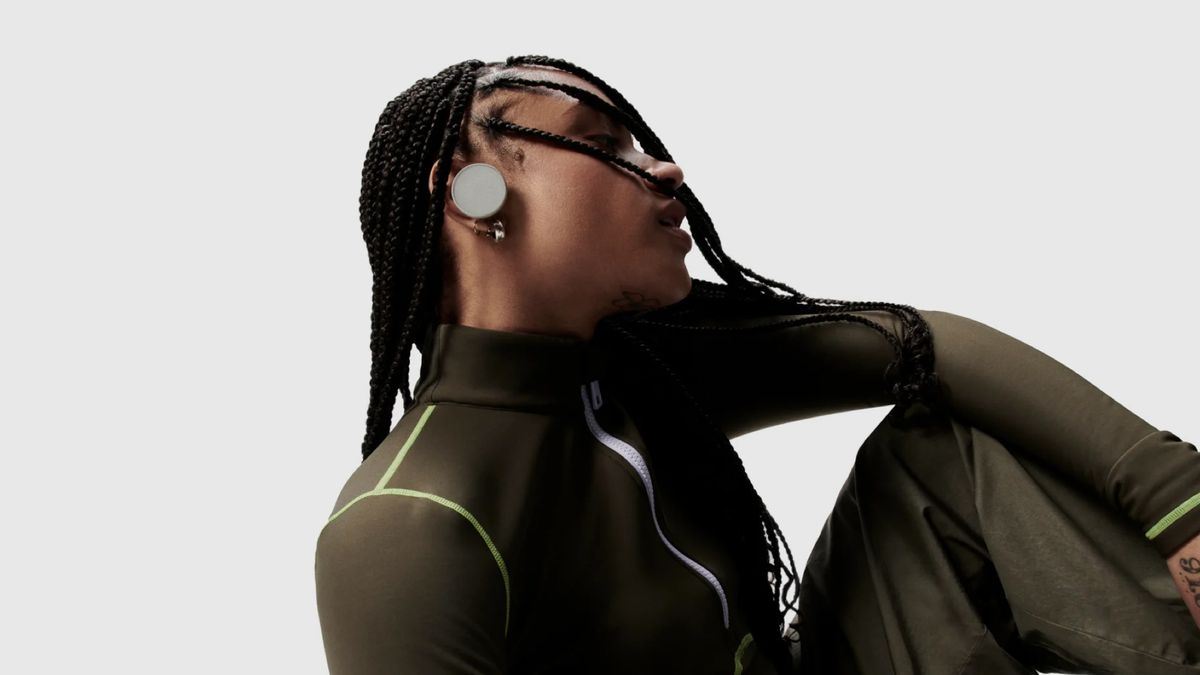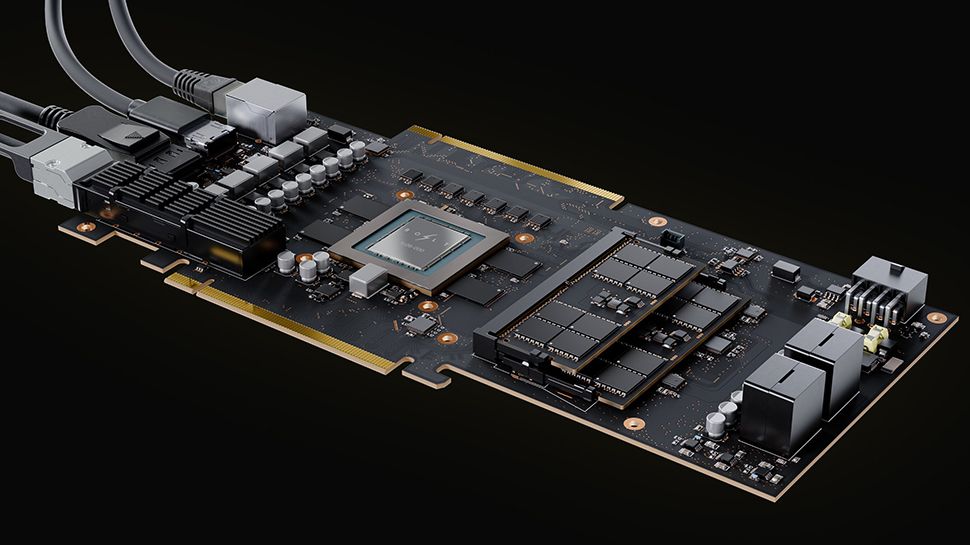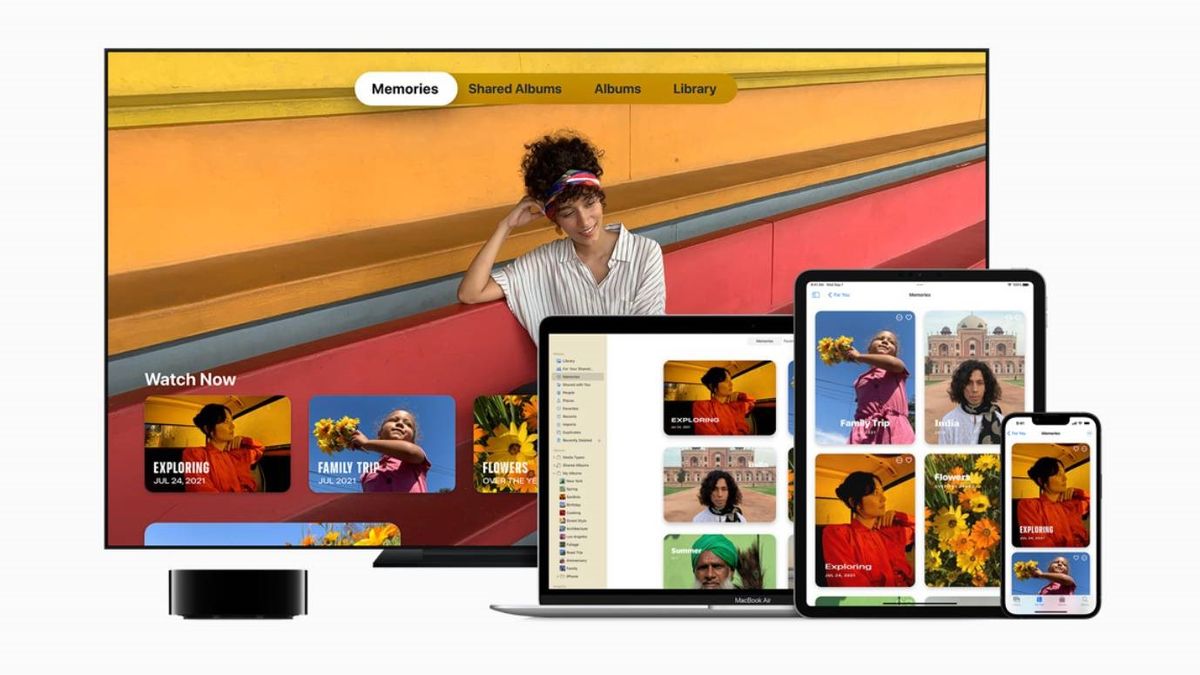There’s a new debutant vying not just for a spot in our best earbuds guide, but also for the title of the smartest earbuds we could ever wish for, called the Iyo One. These are more than just earbuds – according to their creators they’re your new computer too. And you’ll be able to buy them later this year.
That’s because Iyo is all about “audio computing”, a collection of apps that essentially listen to you and do your bidding. And the Iyo One claims to be “the first audio computer” – although the various Neural headphones makers we saw at CES and the researchers who created AI noise-cancelling cans that can hone in on just one voice may beg to differ.
Inside the oversized earbuds it’s all about AI. In effect, the One is another take on the personal assistant in a sector that very recently saw some other contenders, the Humane Ai Pin and the Rabbit R1, crash and burn. It’s intended to be a standalone AI device, but this time it’s being built not as a brand new kind of product but as an enhanced version of a product we’re already familiar with: true wireless earbuds. Albeit a very big wireless earbud.
The promise here is similar to that of the Ai Pin and the Rabbit: apps without screens. The examples Iyo provides include real-time language translation, coaching you through workouts and general life organisation. The audio features include spatial audio, head tracking and AI-enhanced voice boosting. Oh, and battery life is promised to be all-day.
Are these AI earbuds the next big thing?
There’s a law named after the tech journalist Ian Betteridge: according to Betteridge’s Law, any headline that ends with a question mark can be answered “no”. And I suspect that this article won’t be an exception, for several reasons.
The first reason is that the earbuds category is dominated by the biggest names in tech and audio: Apple, Google, Sony, Bose and so on. It’s very hard for new entrants to get a foothold in that market, although of course it’s not impossible: Nothing has done a good job in that respect. But nevertheless the barriers to entry are significant, and will continue to be so because of the second reason.
The second reason is that the Iyo One’s USP is not so U since yesterday, when Apple announced that it would be bringing Apple Intelligence to products including its AirPods. That’s all coming later this year, which is when the Iyo Ones are due to launch. And other firms are already doing the AI earbud thing: again, Nothing is doing interesting things with its Nothing Ear integration with ChatGPT.
To skirt around these issues, Iyo is positioning these earbuds as high-end audio hardware. That’s a sector the firm is already in, thanks to its ruinously expensive Vad Pro IEMs, which will set you back $1,650. The Iyo One earbuds are expected to be a bit cheaper than that but they’re still pricey: $599 (or around £470, or AU$907) for the Wi-Fi only version and $699 for the cellular one, although unlike previous AI devices there’s no monthly subscription on top of that. But it’s still a lot of money even for premium earbuds, which rarely exceed $350.
But there’s one more issue, and for me it’s the big one: AI feels like a very inflated bubble right now, with a lot of companies promising incredible things and delivering considerably less incredible products.
For example, the AI Pin sounded amazing but ended up getting some of the worst reviews of any tech product I’ve seen in years; the Rabbit didn’t fare much better. Even Google’s still doing damage control after its AI Overviews couldn’t tell the difference between information and Onion articles. That pattern of over-promising, over-hyping and under-delivering means that the more exciting an AI product sounds, the more cynicism I’m bringing to it.
I hope I’m wrong, because I’m still excited by the prospect of genuinely useful screen-free computing. But with Google, Apple and others investing heavily in bringing AI to products that people already know and love, and which cost a lot less money, AI in rival products can’t just mean Artificial Intelligence: to break their hold on the market, it needs to be nothing short of Absolutely Incredible.





